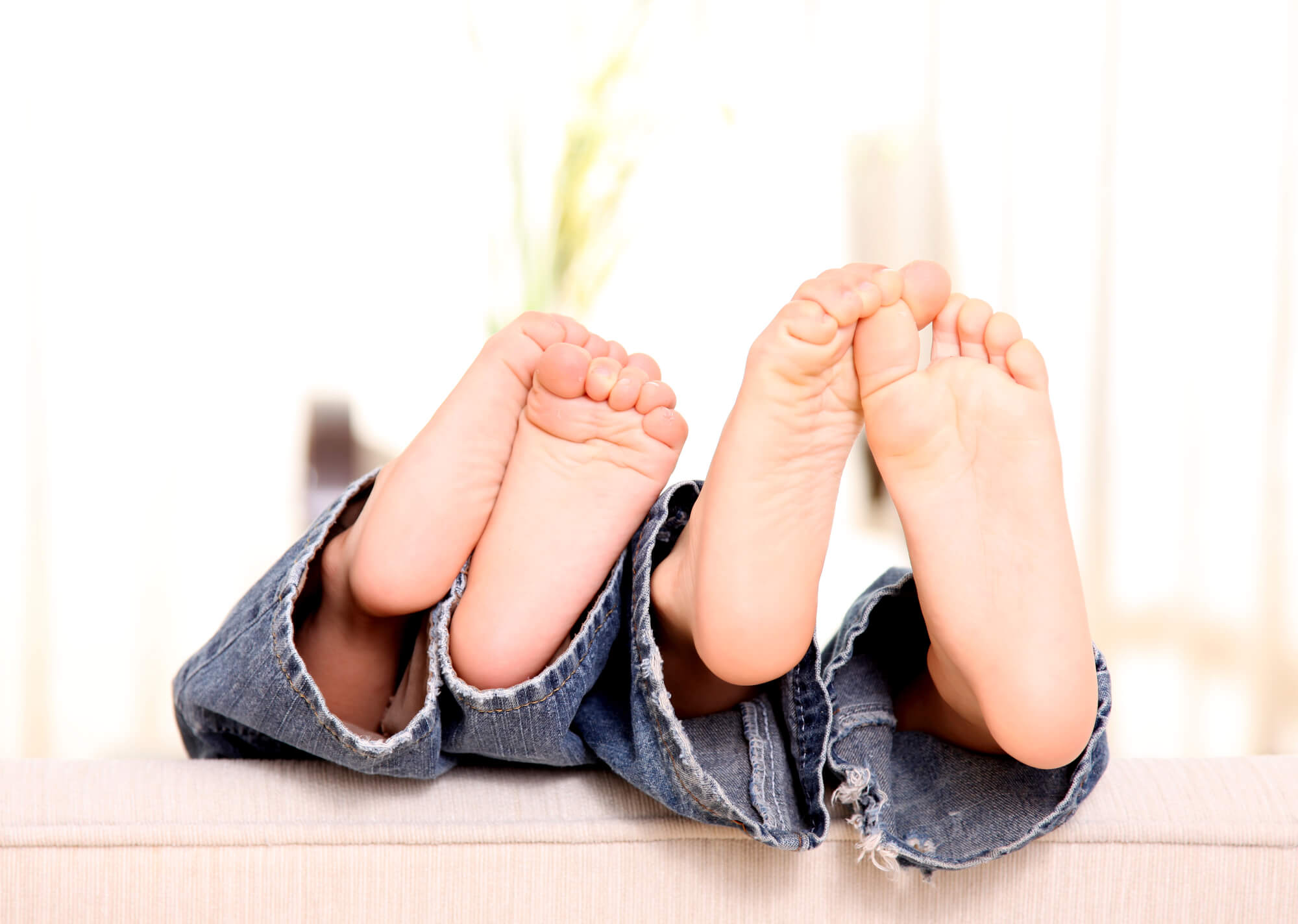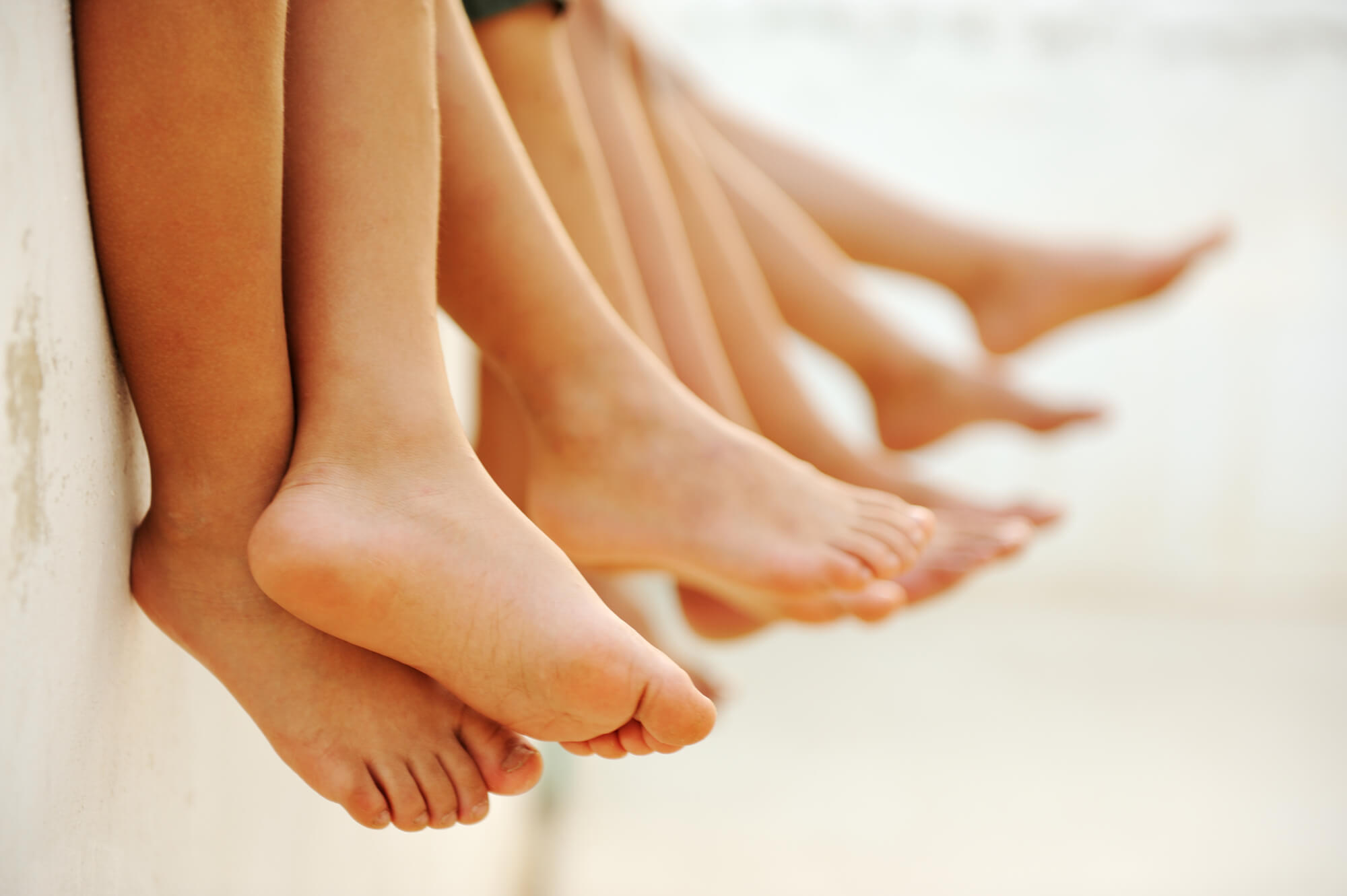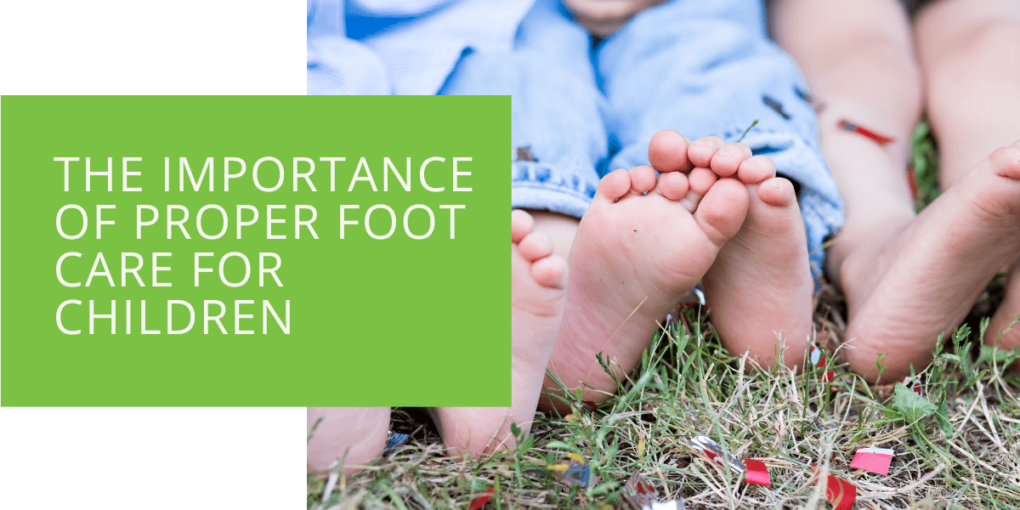The Importance of Proper Foot Care for Children: A Parent’s Guide
Proper foot care is essential for children's overall health and well-being. Children's feet are constantly growing and changing and are also more susceptible to injuries and pain. As a parent, it's important to understand the basics of children's foot care and what you can do to prevent problems from occurring.
Some common foot problems children may experience include flat feet, in-toeing, and heel pain. These problems can cause discomfort and limit physical activity. Sometimes, these problems can lead to more serious issues if left untreated. That's why it's important to pay attention to your child's feet and seek help from a podiatrist if you notice any concerns.
Shoes
One of the most important aspects of children's foot care is choosing the right shoes. Ill-fitting shoes can cause various problems, including blisters, calluses, and even bone injuries. To ensure that your child's shoes fit properly, follow these tips:
- Measure your child's feet regularly. Children's feet grow quickly, so it's important to measure them every few months to ensure they get the right size.
- Allow enough room for the toes to wiggle. When trying on shoes, make sure that there is enough space for the toes to move freely. There should be about a thumb's width of space between the end of the longest toe and the front of the shoe.
- Choose shoes with flexible soles. Look for shoes with flexible soles, allowing the foot to move naturally. Avoid shoes with stiff soles, which can restrict movement.
Choosing the right shoe type for your child's foot type and activity level is also important. For example, children with flat feet may benefit from shoes with good arch support. Children involved in sports may need shoes with extra support and cushioning.

Socks and Insoles
Socks and insoles are other important aspects of children's foot care. Socks that are too tight or made from synthetic materials can cause discomfort and lead to foot odor. Choose socks made from breathable materials such as cotton to keep your child's feet healthy and comfortable. Avoid synthetic materials like polyester and nylon, which can trap moisture and lead to foot odor.
Insoles can also be helpful for children with foot problems such as flat feet or heel pain. Insoles that provide arch support or cushioning can help to alleviate pain and improve foot function. If your child has a specific foot problem, consult a podiatrist to find the right type of insole.
Hygiene
Proper hygiene is also important for children's foot care. To keep feet clean and healthy, encourage your child to:
- Wash their feet regularly with soap and water
- Dry their feet thoroughly, especially between the toes
- Trim their toenails regularly
- Wear clean socks every day
It's also important to prevent foot odor by keeping feet dry and changing socks regularly. If your child's feet are prone to odor, you can use a foot powder or antifungal spray to keep them fresh.

Exercise and Activity
Regular exercise is essential for children's foot health. Physical activity helps keep the feet strong and flexible and can prevent problems. Encourage your child to participate in activities that involve walking, running, and jumping, such as playing sports, dancing, or going for a walk.
It's also important to ensure your child is wearing the appropriate shoes for their activity. For example, children who play sports should wear shoes specifically designed for that sport. Running shoes, for example, are designed to provide support and cushioning for the impact of running. Similarly, soccer shoes have cleats that provide traction and stability on the field.
When to See a Podiatrist
While most foot problems can be prevented or treated at home, there may be times when it's necessary to see a podiatrist. Podiatrists are medical professionals who specialize in diagnosing and treating foot and ankle problems. If your child is experiencing any of the following symptoms, it may be time to see a podiatrist:
- Persistent pain in the feet or ankles
- Redness, swelling, or warmth in the feet or ankles
- Difficulty walking or standing
- Inability to bear weight on the affected foot
- Deformities or abnormalities in the feet or toes
A podiatrist can help to diagnose the problem and provide treatment options. They may also recommend exercises, orthotics, or other treatments to help alleviate pain and improve foot function.
Conclusion
Proper foot care is essential for children's overall health and well-being. By understanding the basics of children's foot care and following a few simple tips, you can help prevent problems and keep your child's feet healthy and happy. Remember to measure your child's feet regularly, choose the right shoes, and encourage regular exercise and hygiene practices. And if you notice any concerns, don't hesitate to see a podiatrist for a proper diagnosis and treatment.

